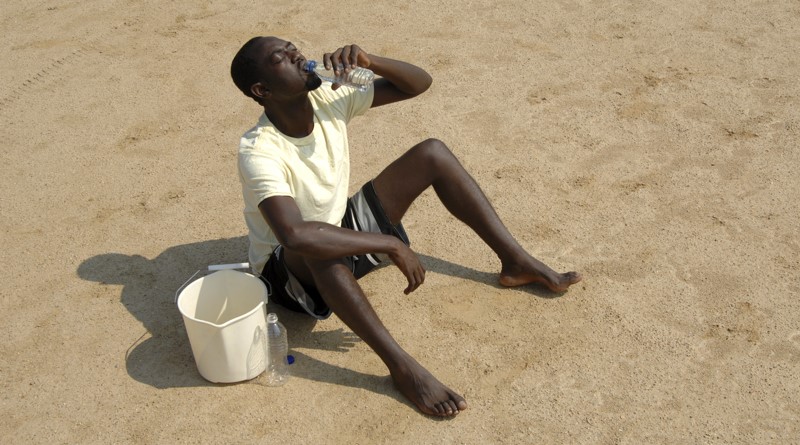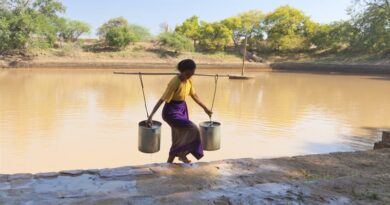Second-hottest summer on record increases likelihood of water-related conflicts

The summer of 2024 has been estimated to be the second consecutive hottest (northern hemisphere) summer on record, with July 22 being the hottest day ever recorded by humans. The unprecedented heat during the course of this year has heightened the likelihood of water-related violent conflict and humanitarian crises, the Water Peace and Security Partnership’s Global Early Warning Tool has noted.
A Quarterly Update, based on the findings of the WPS Global Early Warning Tool, underlined the increasing intersection of climate change, water scarcity and violent conflict. WPS calls for urgent global action to address these challenges and reduce water-related tensions.
The Quarterly Update notes that key regions to watch include East Africa, where severe flooding has displaced 1.2 million people in Sudan and South Sudan. This is compounded by worsening food insecurity across the Intergovernmental Authority on Development region – Djibouti, Ethiopia, Kenya, Somalia, South Sudan, Sudan and Uganda. In addition, Central and West Africa have faced devastating floods, while 70 million people in Southern Africa remain affected by the ramifications of a year-long drought that ended in mid-2024.
A key concern is the increasing risk of dam collapses, exacerbated by climate change and conflict. Recent failures in Sudan, Nigeria, and Kenya highlight the vulnerability of the world’s 70,000+ dams. Extreme weather events, like heavy rains and prolonged droughts, strain aging infrastructure, while conflict disrupts maintenance and increases the risk of sabotage. Without urgent action, these failures could lead to catastrophic flooding, loss of life, and displacement. Meanwhile, massive floods in Bangladesh following water released from a dam in India.
In Southeast Asia, Typhoon Yagi has devastated millions of lives. In civil war-torn Myanmar alone, heavy flooding and landslides caused by the typhoon have destroyed 65,000 homes.
In Bangladesh, millions got stranded by flooding following release of water from a dam in upstream India, the Update said.
The analysis reveals growing threats to global stability driven by extreme weather and water scarcity. By identifying potential hotspots, WPS hopes to stimulate interventions which mitigate tensions before violence erupts.
The quarterly update highlights several areas of Africa, Asia and the Middle East to watch over the next 12 months for insecurity fuelled by climate and water challenges.
“With concerted and timely action – such as improving water cooperation through dialogue and adapting to climate change – we can reduce the risk of water-related conflict,” says Yasir Mohamed coordinator of the WPS partnership. “By sounding the alarm, our updates aim to spark informed action that in the end will prevent and minimize conflict.”



